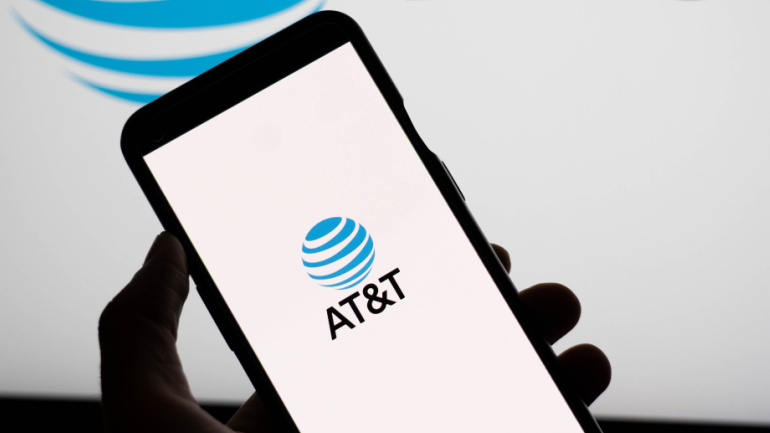The telecommunications landscape in the EMIE region is witnessing a strategic transformation as major players like KPN and OTE rethink their fibre infrastructure strategies. This shift reflects a tactical reevaluation, aligning with technological advancements and market demands. Meanwhile, Deutsche Telekom and Vodafone explore AI-driven innovations, aiming for efficient and scalable networks. As companies navigate these changes, they focus on balancing innovation with financial prudence, highlighting the evolving dynamics in VOIP and digital infrastructure. The industry’s focus on strategic alliances and cutting-edge solutions underscores the importance of adaptability in a rapidly changing technological environment.
In the telecom sector, AI presents both vast opportunities and regulatory challenges. Embedded in network optimization and fraud detection, AI’s growth requires compliance with evolving global regulations, such as those from the EU and South Korea. To adopt AI successfully, telecom operators must prioritize ethical standards, risk management, and strategic regulation adherence.
Australian telecom giant Telstra announced plans to eliminate 2,800 jobs as part of a significant reorganisation aimed at revitalising its enterprise division. The company has been conducting a thorough review of Telstra Enterprise since February, responding to economic pressures that have impacted its corporate clientele.
AT&T’s CEO John Stankey has shed light on the massive service disruption on February 22nd. Revealing an incorrect protocol during network expansion as the cause, Stankey unveiled a testament of resilience. Meanwhile, AT&T plans to apply account credits to the most affected consumers and small businesses. The incident, affecting an estimated 75% of customers, triggered a swift restoration of service, notably prioritizing first responders.
Facing an economic upheaval, telecom leaders like Nokia, Ericsson, and AT&T post disappointing financial outcomes for 2023, attributed to factors like changing customer behavior and a challenging macro-economic environment. However, there are glimmers of hope, evidenced by Nokia’s significant free cash flow generation amidst a major slump in sales.
Summoning a significant tide in the telecommunications sector, 20 notable European telco CEOS, under the GSMA, urge EU policymakers for a comprehensive revamp of the present regulatory environment. They key point is the mounting need for major tech corporations to contribute to telco infrastructure costs in the midst of a data traffic surge. However, critics argue such proposal infringes upon net neutrality principles and imposes a dual-end payments system.
Telecom equipment expenditure in North America experienced an unexpected downturn in the first half of this year. Despite global telecom hardware revenues remaining steady, North America’s marked decline significantly impacted the total number. In contrast, other markets, particularly Asia-Pacific, showed robust growth. The reasons behind North America’s decline extend to slowing 5G expenditure and reduced spending on broadband access equipment. Looking ahead, no major global alterations are anticipated, though the volatility of the telecom industry hints at potential changes.
UK subscribers face controversy over recent price hikes, leading to the Committee of Advertising Practice issuing new guidance for telecom companies to prevent misleading consumers. The changes aim for transparency and fair advertising, but won’t take effect for six months.
DIDWW, a provider of premium quality VoIP communications and two-way SIP trunking services worldwide, has successfully passed the annual ISO 27001 audit for the Information Security Management System (ISMS). This step further demonstrates the telecom operator’s commitment to protecting corporate data and customer information while maintaining the highest standards of security in its operations. As one of the world’s most recognized information security frameworks, ISO 27001 certification reinforces a set of standards for effective data protection. The successful renewal of this certificate confirms that the DIDWW ISMS remains aligned with the best international practices for information security. The scope of ISO 27001 certification includes employees, processes, software development, and infrastructures that continue to operate, innovate, and support voice capacity building, messaging and cloud PBX services. The reaffirmation of ISO 27001 certification by DIDWW serves as further evidence for the company’s partners and customers regarding the continued quality and security of…
Ofcom discusses AI’s potential benefits and risks, examining its use in content and telecom industries and addressing concerns about malicious usage. The regulator works with companies to assess safety risks, implement mitigation strategies, and enhance transparency to protect users and promote responsible AI integration.













